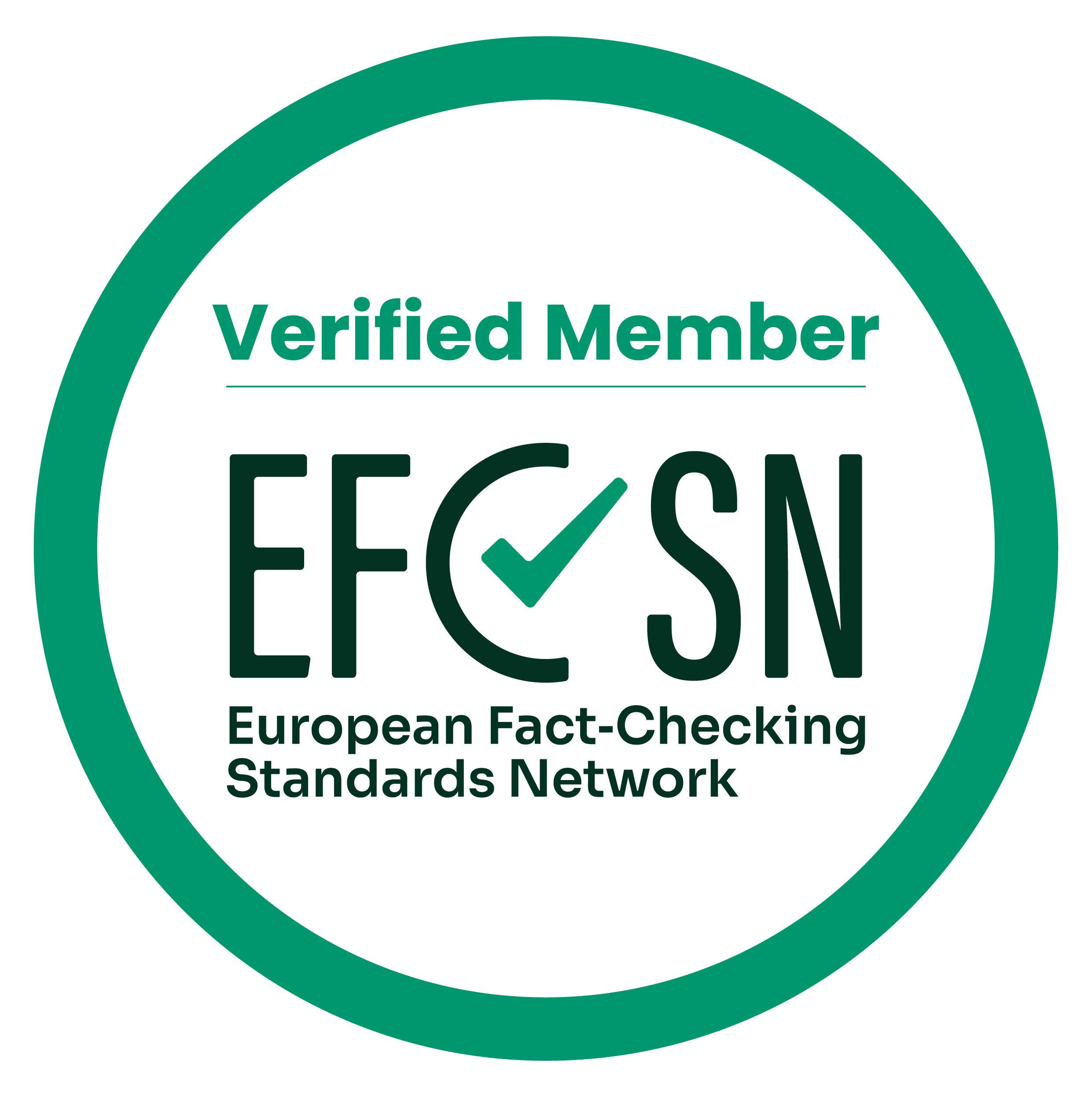The Viral Video Idolizing the Former Croatian President Is Riddled With Falsehoods

In recent days, a video about former Croatian President Kolinda Grabar Kitarović was posted on the Facebook page Kanayo O Kanayo, which has more than two million followers (archived here; also available here). Kanayo O Kanayo is a Nigerian actor, former politician, and lawyer who won the Africa Movie Academy Award for Best Actor in 2006.
The text accompanying the video reads:
“History will remember her. Not as a queen, not as a celebrity, but as a woman who transformed her country. She sold the presidential jet and thirty-five luxury Mercedes cars used by ministers, and put every dollar into the state treasury. She refused to sell public companies, reduced her salary by 30 percent to match the national average, abolished bonuses for ministers and diplomats, closed unnecessary embassies abroad, and eliminated waste. She traveled on regular commercial flights, in economy class. When people wanted loans from the World Bank, she said: ‘We will not borrow, even if it costs us our lives. We will only borrow to build, not to survive.’ She abolished taxes for low-income families, destroyed corruption at all levels, and turned a country that was once in civil war into one of the fastest-growing nations in the world. History will write her name in golden letters, because true leadership does not need luxury.”
The video has over five million views, 160,000 likes, more than 43,000 shares, and 5,000 comments. Facebook users from around the world post mostly ironic remarks such as that their own leaders “watched the video and left the chat”, believing they are witnessing a genuine example of successful political reform. However, almost none of the claims in the video are true. The only factual part is that Kolinda Grabar Kitarović occasionally traveled on commercial flights.

As is well known, Kolinda Grabar Kitarović became the President of Croatia on February 19, 2015, after narrowly defeating Ivo Josipović in the second round (archived here). She served until February 18, 2020, when she lost to Zoran Milanović (archived here).
During her term, she did not sell the presidential aircraft, nor did she confiscate government vehicles from ministers - nor did she have the authority to do so. The powers of the President of Croatia are defined by Articles 94–106 of the Croatian Constitution. The “presidential plane” is in fact an aircraft operated by the Government of Croatia, used by various state bodies for official purposes. It is the Government, rather than the President, that makes decisions about the purchase or sale of government vehicles.
Likewise, the President has no authority to sell public enterprises, which are owned and managed by the Government under the The Law on Legal Persons of the Republic of Croatia (archived here). Kolinda Grabar Kitarović did not cut her own salary by 30 percent - in fact, her monthly pay increased from 22,720 kuna to 24,376 kuna during her five-year term. She also had no power to reduce the salaries of ministers or diplomats, as these are governed by the Law on Foreign Affairs (archived here).
While the President formally signs appointments and dismissals of ambassadors, the Government decides on the closure of embassies, and none were closed during her presidency. In 2018, Grabar Kitarović and Prime Minister Andrej Plenković jointly reshuffled several ambassadors (archived here), but no embassies were shut down.
It is true that during her presidency, Grabar Kitarović sometimes traveled on commercial flights, occasionally in economy class. For example, in the first nine months of her presidency in 2015, she took 23 trips abroad but used the government plane only three times (archived here). She also flew commercially during a four-day working visit to the United States in December 2017 (archived here) and again to attend the FIFA World Cup final in Moscow on July 15, 2018, where Croatia lost to France 4–2 (archived here).
The President also cannot borrow money on behalf of the state abroad or domestically, nor can they abolish taxes for low-income families - these are the exclusive powers of the Government of Croatia.
According to the Croatian National Bank, in March 2015 Croatia’s gross external debt amounted to €49.34 billion, reaching 114.5 percent of GDP. (archived here).By the end of 2019, gross external debt stood at €40.9 billion, or 75.7 percent of GDP. Thus, during the five-year term of President Grabar-Kitarović, the external debt indeed decreased significantly - by 17.1 percent - but this was largely the result of the policies of the governments led by Zoran Milanović, Tihomir Orešković, and Andrej Plenković, rather than presidential decisions.
According to Transparency International’s Corruption Perceptions Index, Croatia ranked 50th out of 168 countries in 2015 with a score of 51 (archived here), and 63rd out of 180 in 2019 - at the end of Grabar Kitarović’s term - with a score of 47 (archived here). In other words, the perception of corruption worsened during her term.
Croatia’s GDP per capita in 2015 was 80,555 kuna (€10,697) (archived here), and by 2020 it increased to €12,464 (archived here). Croatia’s GDP per capita, therefore, increased by 16.5 percent over those five years. For comparison, during the same period, China’s GDP per capita grew by 44.04% in yuan, and the U.S. by 30.07% in U.S. dollars (archived here).
In conclusion, the video glorifying former Croatian President Kolinda Grabar Kitarović contains a series of false and misleading claims. Such content easily spreads among users from other countries, who are unfamiliar with Croatia’s political system and therefore find the narrative of a “modest president who transformed her nation” convincing. The emotional tone and the image of an honest leader rejecting luxury further enhance its apparent authenticity and contribute to the viral spread of this disinformation.
* Ovaj tekst nastao je uz potporu Fonda za poticanje pluralizma i raznovrsnosti elektroničkih medija u sklopu projekta "Pod lupom"


